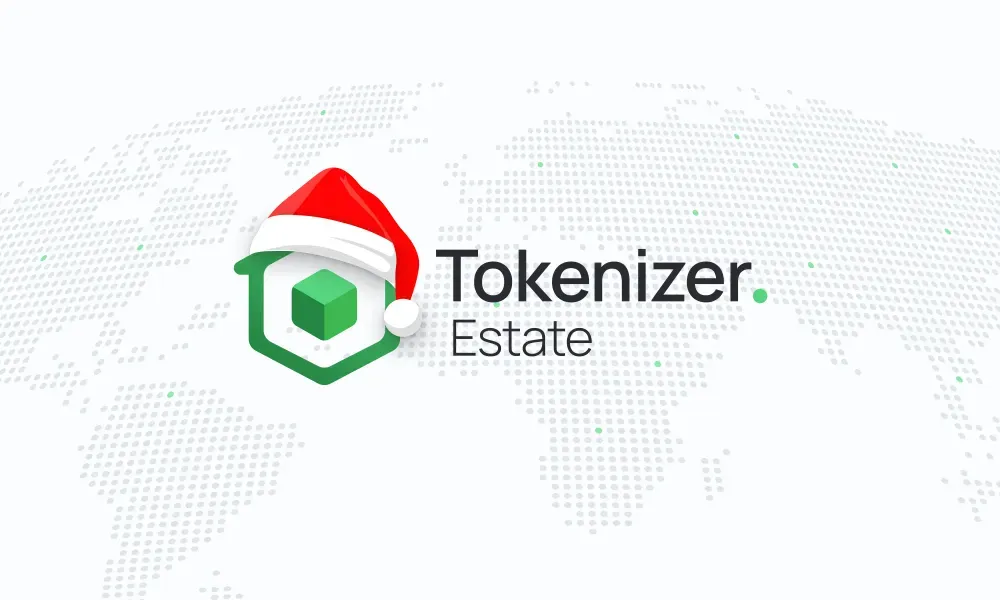Table of Contents
Tokenizer.Estate has published article on how Sweden is starting to use real estate tokenization. The new blog post looks at pilots, regulation, and future scenarios in a country known for fast digital payments but careful financial rules, and it gives a clear story for readers who follow Nordic markets.
The piece is part of Tokenizer.Estate’s country series and explains why Sweden moves slowly but steadily. As the Tokenizer.Estate editorial team writes, “Sweden is exploring real estate tokenization with cautious innovation.” The article also links this trend to high housing prices and strict investor protection rules that shape any new real estate product.
In the background, Sweden is one of the most digital societies in Europe. People pay by card and mobile apps, and many shops do not even take cash anymore. At the same time, property deals still follow long-standing processes with trusted banks, brokers, and the national land registry, so any change must fit into this system.
Because of that, tokenization in Sweden must work inside existing rules on securities, companies, and anti-money-laundering. The blog explains that there is no special “crypto real estate” law. Instead, projects usually use a company that owns the property and then offer digital shares, so investors still have familiar rights under Swedish and EU law.
Past news already shows this careful but open attitude. In 2017, Sweden’s land registry Lantmäteriet and partners used blockchain in a pilot sale; Computer Weekly journalists report trial as a way to cut paperwork and improve security. “It is the only current technology that really offers a good and secure way to have digital originals,” said Mats Snäll, head of development at Lantmäteriet. Sweden’s central bank also tested a digital currency, the e-krona, and on its website the Riksbank describe project as part of its long-term work on safer digital payments.








